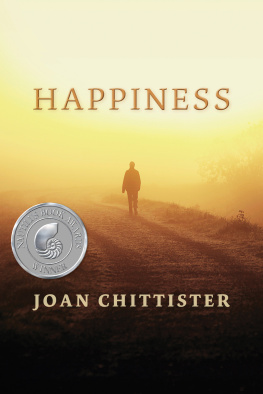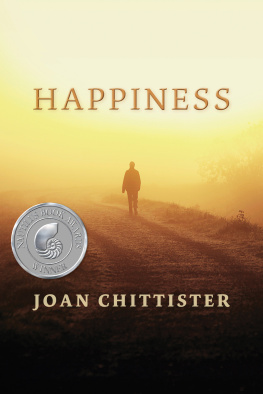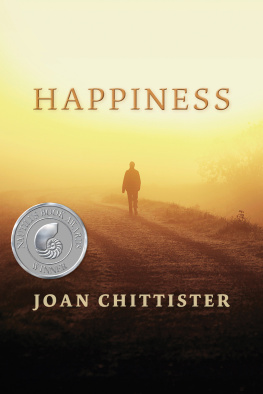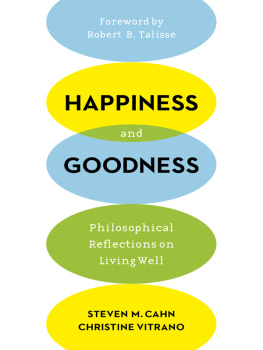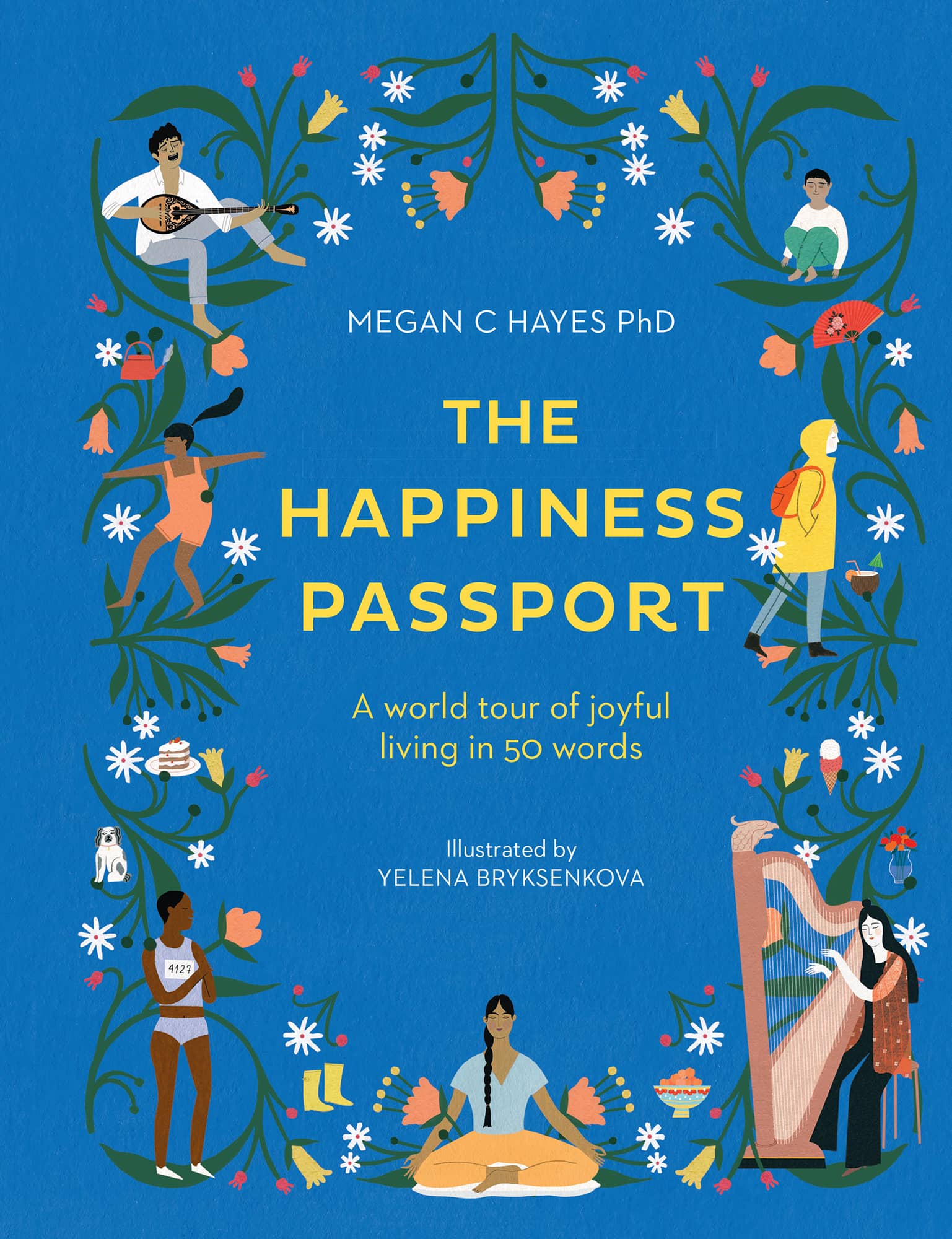Clearly, this book is not exhaustive there are many words that were not included and many more still that remain tucked away within their own cultures, undiscovered by the wider world like buried treasure. The selection was made to give as broad and varied a picture as possible, both of our many diverse cultures and of the different kinds of happiness we can experience.
The bittersweet side of happiness
Happiness is not a static state, and in fact involves a much more intricate medley of emotions than we usually give it credit for why else would we cry tears of joy, for example, or have the sensation of missing someone even before they leave? As such, there were many bitter-sweet words that did not make it into the main pages of this book. While these may not be the chirpiest of terms, they do illustrate the complex and interwoven nature of our happier and unhappier emotions. For example, what is particularly striking is how many words and expressions we have around the world for yearning and longing illustrating how we pine for that which makes us truly happy. These include the Welsh hiraeth a nostalgic ache for an ideal home, perhaps one we have never really known and the very similar saudade in Portuguese, loosely meaning the desire for something that does not exist. There is the Romanian dor, a word with many meanings for different individuals, but that is characterised by a deep and profound longing for loved ones, places or something forever lost. The Trinidadian Creole tabanca describes a feeling of lingering heartbreak or pining (particularly for carnival season!), while the Irish Gaelic cumha evokes a similarly melancholic desire, or homesickness.
These words of yearning serve as a reminder to notice happiness as it happens, in the form of the people, places and experiences we love. This is, hopefully, exactly what the words in this book will inspire you to do.
A NOTE FROM THE AUTHOR
In joyfully compiling this compendium of words, I have done my utmost to accurately and respectfully represent those chosen. However, given that these many languages and cultures are not my own, I anticipate that I may not have achieved this flawlessly in every case. I hope that the generous reader will forgive me any inadvertent errors, and will enjoy the book as it has been intended: a celebration of the many manifestations of happiness to be found around our globe.
Chapter One
Home & Environment
Picture a cosy room with a crackling fire, the lull of familiar voices in easy conversation, and perhaps a table laden with dishes of delicious food that can be tasted nowhere else but here The word home holds these and many other connotations. Home is proverbially speaking where the heart is, and apparently theres no place like it. It stirs our most deeply felt emotions.
Thoughts of home bring to mind intimate, safe and familiar places but around the world our diverse languages illuminate how our sense of home can also extend far beyond this. We find comfort in our Earths many environs including those that are wild and remote. The crunch of leaves under foot in autumnal woodland can make us feel the sense of peace we associate with being at home. At other times we feel most at home in the freedom and scope of open spaces. And, of course, sometimes home is not a physical place at all not somewhere we can point out on a map but a place that exists between people.
Lets see how our differing environments and the many unique ways in which we speak about them affect how we feel, and how we find happiness.
GKOTTA
j:ku:t | noun | Swedish
1. to rise at dawn in order to go outside and hear the first birdsong
Swedish is a language rich in descriptions of how we can draw a sense of belonging and happiness from the natural world. One word that perhaps best illustrates this is gkotta. A gkotta is literally a dawn picnic sound-tracked by early birdsong, but can also refer more generally to an appreciation of nature. While for most of us our mornings are defined less by tranquil experiences like these and more by beeping alarm clocks, strong coffee and eating a hurried breakfast before we rush out the door to work, gkotta is a gentle reminder that things do not always have to be this way. Sometimes, it is okay to schedule a little more of this lifes less practical tasks into our busy routines.



